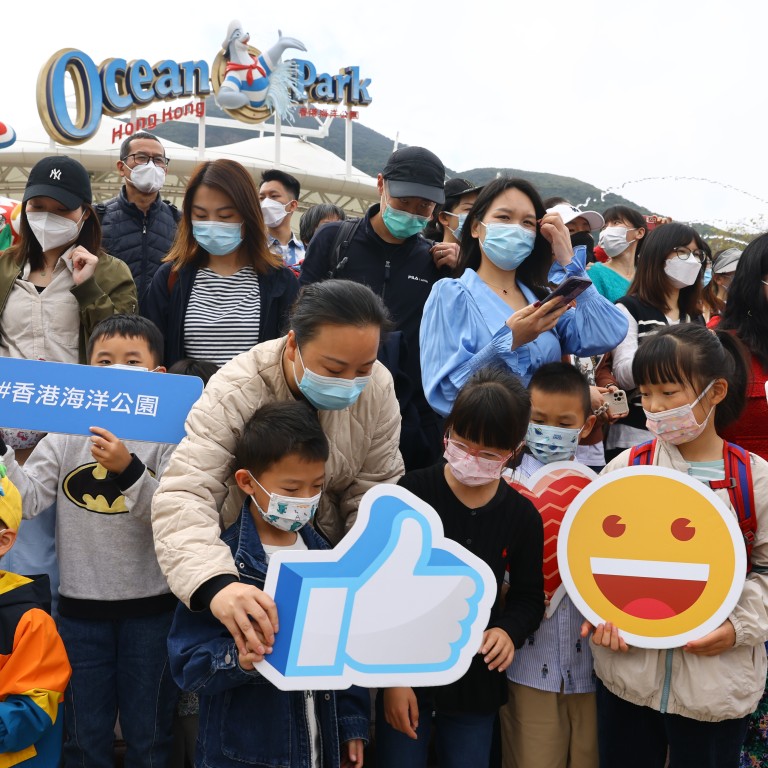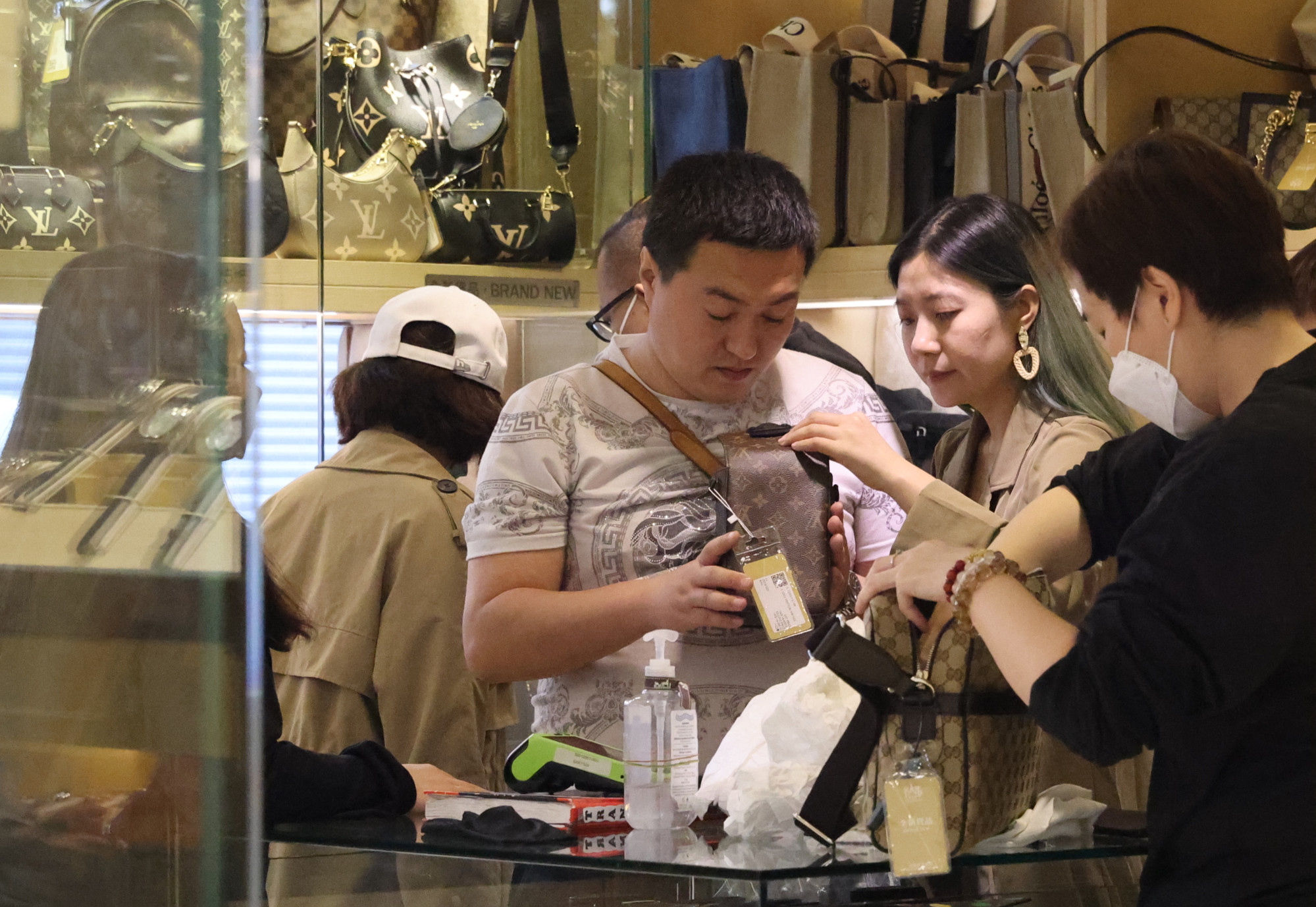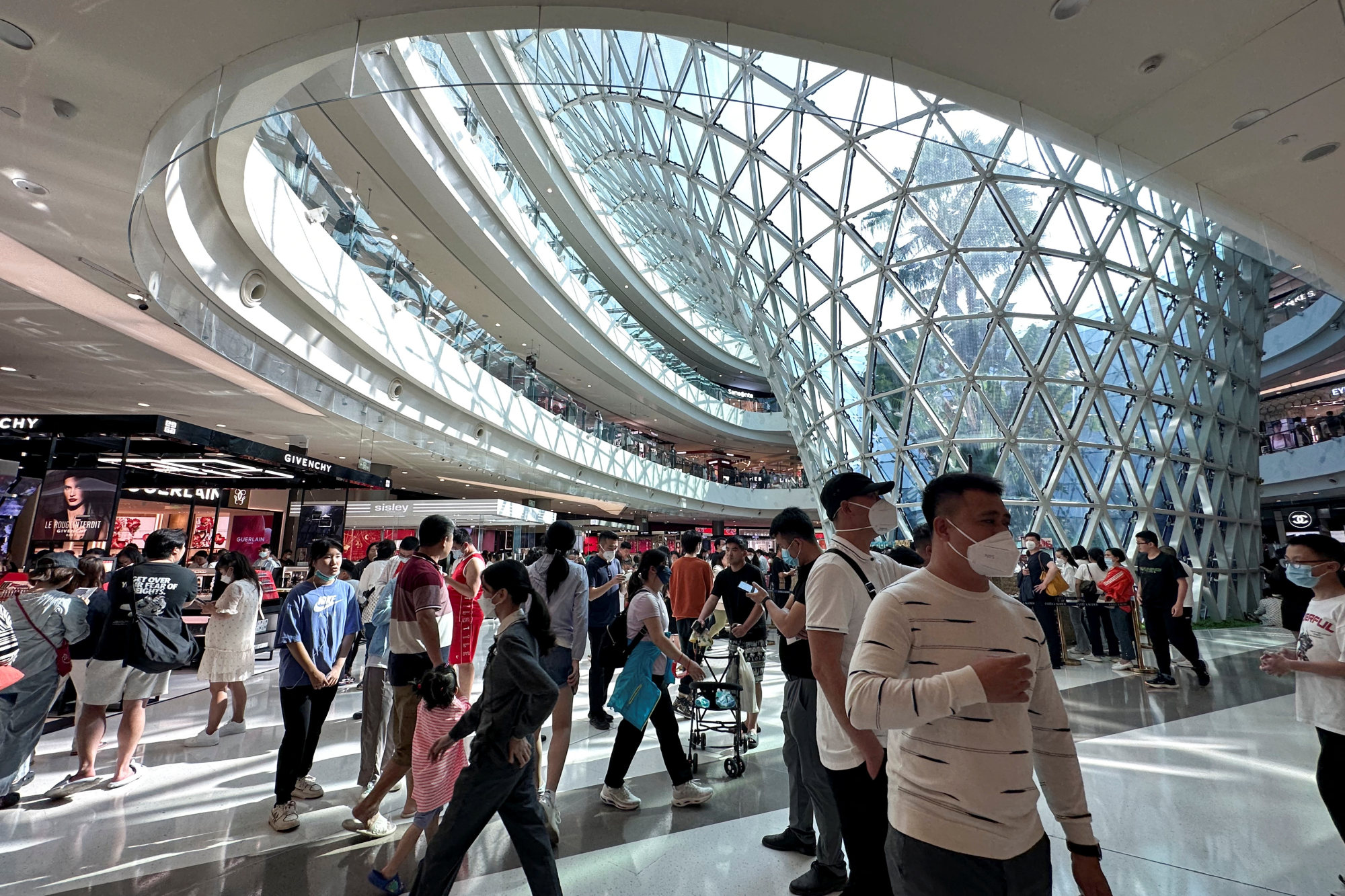
What is Hong Kong’s allure for China’s tourists? Financial service, vaccines, healthcare make up for what luxury shopping once offered, McKinsey says
- While 85 per cent of travellers polled by McKinsey & Co cited shopping and sightseeing as reasons for visiting Hong Kong, many added finance and healthcare to their lists
Mainland China’s visitors are increasingly shopping for financial services, healthcare and vaccinations in Hong Kong, allowing the city to offer a broader range of attractions other than luxury retail sales, according to a survey.
GBA visitors are coming to Hong Kong for physical check-ups, vaccinations, dental, ophthalmology, obstetrics and gynaecology examinations, while 23 per cent of women surveyed said they planned to undergo non-invasive cosmetic surgery procedures such as Botox injections.


Up to 61 per cent of respondents cited attractive interest rates on savings accounts. Earlier this month, Nanyang Commercial Bank in Hong Kong offered 13.88 per cent interest on seven-day deposits denominated in renminbi, compared with yuan deposits at the Industrial & Commercial Bank of China (ICBC), which paid 1.25 per cent per annum for 12 months.
“Perceptions of Hong Kong have changed in the past few years”, said McKinsey’s associate partner Jady Ye, adding that investments are needed in “proactive marketing and branding” to “gain a better understanding of mainland tourists’ needs”.
Still, Hong Kong must improve the online experience and the quality of financial professionals to catch up, said McKinsey’s Hong Kong partner Enoch Chan.

The mainland has caught up to offer attractive investment services and Hong Kong can make itself more of an attractive place for business if companies can work on better understanding the mainland market as well as offering ‘soft service’ like better customer experience, McKinsey said.
“Having better service for GBA consumers, improving professionalism and friendliness to these customers, will help Hong Kong better position itself and compete in the near future,” said Chan.

That puts pressure on Hong Kong’s luxury retailers to improve their service quality and deliver better digital experiences to continue wooing shoppers, McKinsey said.
“Mainland travellers are increasingly accustomed to a seamless omnichannel shopping experience”, said the consulting firm’s Hong Kong managing partner Arthur Shek. “Retailers that hope to continue to attract business from mainland shoppers should rethink the way they engage with them”.
Ye added that access to the latest trends, better product safety and higher quality products were the top three advantages of shopping in Hong Kong among GBA respondents.

